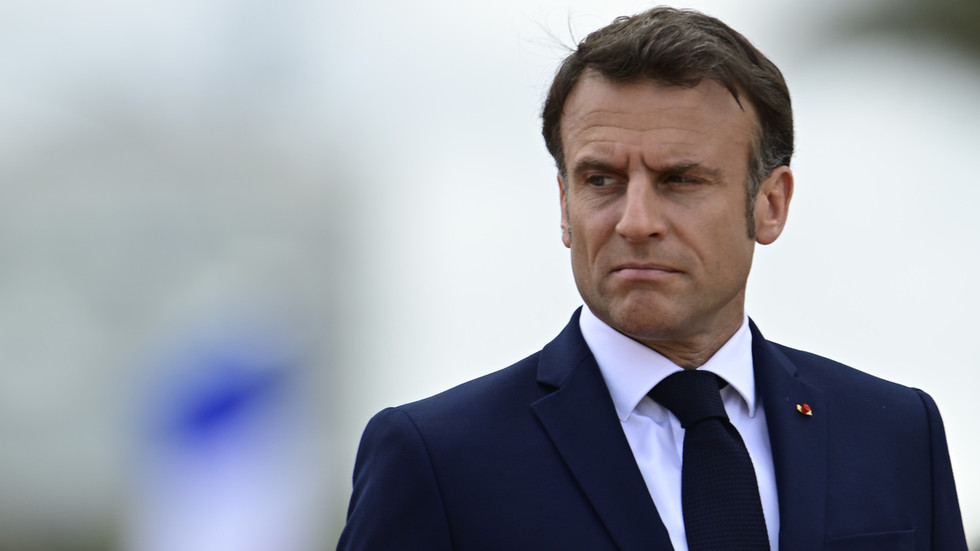The overseas territory of Mayotte has recently been thrust into a humanitarian crisis following the devastating impact of Cyclone Chido, which wreaked havoc across the Indian Ocean archipelago. During a visit to the territory, French President Emmanuel Macron faced severe backlash from residents who expressed their anger through booing and calls for his resignation. Over 31 lives have been lost due to the storm, and thousands have been left homeless. Macron’s visit aimed to survey the destruction while addressing the urgent needs of residents, many of whom reported that local services were overwhelmed and that aid had not reached various affected areas. An individual particularly highlighted their plight by stating that assistance had yet to arrive at his location, shedding light on the contrasting reality faced by those on the ground compared to governmental responses.
In response to the dire circumstances, President Macron took immediate action by announcing the deployment of 400 additional security personnel to maintain order and facilitate aid distribution. Cyclone Chido caused widespread damage, including power outages, and significantly disrupted the livelihoods of those living in informal settlements. The repercussions of the cyclone extended beyond physical damage, leading to health concerns among the population. Health workers have flagged the possibility of disease outbreaks due to unburied deceased individuals and contaminated water sources, presenting a serious public health risk.
Estelle Youssoufa, a member of France’s national legislature representing Mayotte, articulated the grave situation by describing it as “open-air mass graves,” lamenting the absence of rescuers and the failure to recover bodies. Her poignant remarks highlight the urgent need for rescue operations and adequate healthcare responses to prevent more loss of life. The gravity of the situation has triggered governmental action, as Mayotte’s authorities have officially declared a state of natural disaster, allowing for expedited relief measures. However, these initiatives have been met with skepticism by the affected residents, who are seeking more immediate and effective responses to their needs.
Amidst the chaos, Macron’s visit included the delivery of emergency supplies, amounting to four metric tons. Nevertheless, many residents remain doubtful about the adequacy and timeliness of governmental support. They argue that while emergency supplies are a welcome development, they do not address the immediate dangers and pressures they are facing, such as displacement and health threats. Local populations are urging for tangible actions that go beyond promises, emphasizing the urgency of improving local infrastructure and services that have been historically strained.
As the situation evolves, the focus remains on the critical intersection of disaster response, public health, and community needs. Youssoufa’s warnings regarding public health risks underscore the essentiality of coordinated rescue and recovery operations. The plight of Mayotte’s residents shines a spotlight on the challenges of aid distribution in a territory grappling with both natural disasters and pre-existing socioeconomic difficulties.
Ultimately, the events in Mayotte illustrate a complex interplay of natural calamity and societal discord, compelling the French government to rethink its disaster management strategies in the overseas territories. The dire calls for assistance and accountability from residents serve as a reminder of the importance of responsive governance in times of crisis. As recovery efforts continue, both local authorities and the national government must prioritize addressing the immediate and long-term needs of affected populations to avert further tragedy.

